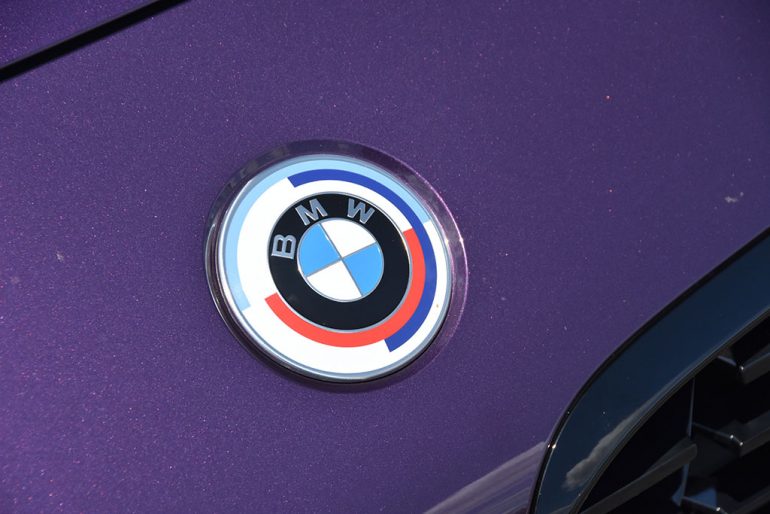
BMW is accelerating its investments in electric vehicle (EV) technology, surpassing its initial plans. The company is on the verge of achieving its target of 15% battery-electric sales for the year, outperforming competitors like Mercedes-Benz and Porsche, who have achieved only around 11% of their sales from battery-electric cars.
Despite this push towards electrification, BMW’s CEO, Oliver Zipse, remains cautious about completely phasing out combustion engine car production. He believes it is too early to set a specific end date for such vehicles, as there is still strong demand for them in major growth markets like China and the United States. Unlike some competitors like Volkswagen and Mercedes-Benz, who have already announced their intentions to eventually stop producing combustion engine cars, BMW is taking a more measured approach.
In the second quarter, BMW reported a 2.9% decline in net profit compared to last year, which was attributed to its increased ownership of the Chinese joint venture, BMW Brilliance Automotive. However, the company experienced higher earnings due to improved pricing and sales, with a rise of 11.3%. These slight price increases were influenced by higher raw material costs.
Despite cautious optimism, BMW acknowledges the challenges posed by the global economy, supply chain disruptions, and inflationary pressures. Nevertheless, the carmaker expects growth in the European automotive market, strong sales in the U.S., and moderate growth in China for the rest of the year, prompting them to adjust their performance expectations upward.
During the first half of the year, BMW saw significantly higher revenues, amounting to 74 billion euros, attributed in part to the integration of BMW Brilliance Automotive. The company also witnessed a 42.6% increase in earnings before interest and taxes (EBIT), totaling 9.7 billion euros. However, net profit declined to 6.6 billion euros primarily due to a higher tax rate.
BMW’s commitment to research and development is evident, with a 15.4% increase in spending during the first half, focused on electrification and automated driving. Capital expenditure also rose by 10.3%. The company faced challenges in the form of higher material and manufacturing costs during the same period, impacting its results.
Overall, BMW’s strategic approach involves a strong emphasis on EV investments, but it maintains a realistic stance on the continuing relevance and demand for combustion engine vehicles, especially in key markets. The company remains committed to cutting carbon emissions and investing in technologies that drive sustainable innovation in the automotive industry.
Source: Reuters

Mike Floyd is a finance executive by trade and a car enthusiast at heart. As a CFO with a keen eye for detail and strategy, Mike brings his analytical mindset to the automotive world, uncovering fresh insights and unique perspectives that go beyond the surface. His passion for cars—especially his favorite, the Porsche 911, fuels his contributions to Automotive Addicts, where he blends a love for performance and design with his professional precision. Whether he’s breaking down industry trends or spotlighting emerging innovations, Mike helps keep the site both sharp and forward-thinking.